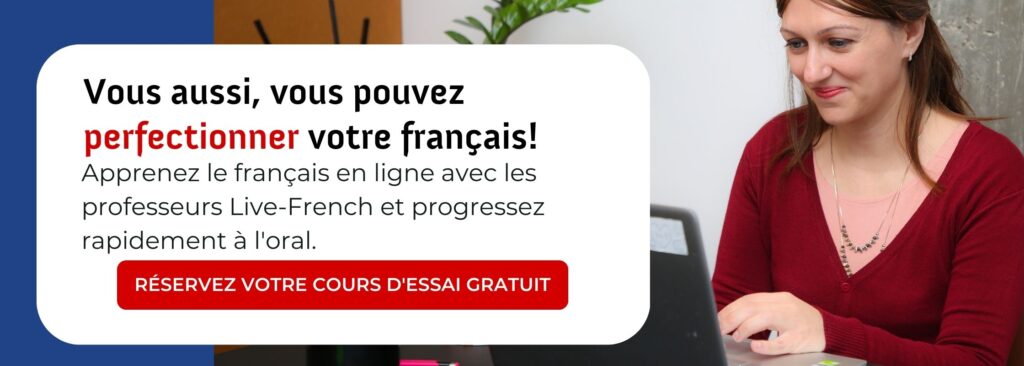When we try to communicate in French, especially as non-native speakers, we often feel a sense of confusion. Our thoughts may be unstructured, making it difficult to express ideas clearly. But when we take the time to organize and clarify our thoughts, it becomes much easier to communicate them fluently and confidently. To improve your clarity in French, following three straightforward yet powerful steps—reading, writing, and speaking—can be transformative. These steps help you expand your vocabulary, organize your ideas, and build confidence in speaking French.
Let’s explore how each of these steps can help you improve the way you express yourself in French.
Step 1 to Better Communication in French: Reading
The first step is to read regularly in French. Reading is an excellent way to enrich your vocabulary and absorb new sentence structures while immersing yourself in well-organized ideas. By reading well-written texts—novels, autobiographies, essays—you become accustomed to different ways of thinking and organizing ideas, which can be very inspiring. Writers, especially those skilled at captivating their audience, often have a clear and structured style. Through their work, we gradually adopt their techniques, internalizing words, phrases, and structures that we can later reuse.
A good goal is to read five to ten pages each day. This allows for steady progress without feeling overwhelmed. At Live French’s Book Club, we offer a varied selection of French books to help you find inspiration. Challenge yourself with genres you wouldn’t typically choose; exploring new styles broadens your linguistic horizons.
Step 2 to Better Communication in French: Writing
The next step is writing. Regular writing is a powerful way to organize your ideas, refine your style, and clarify your thinking before speaking. Putting thoughts on paper allows you to take a step back and structure your inner dialogue, making your ideas more concrete and less fleeting. Writing one page a day, like a journal, is ideal for those who want to organize their thoughts. Start your day by noting down your challenges, accomplishments, goals, fears, or even reflections on the future.
You don’t need to write lengthy pages; consistency is key. These daily reflections help you structure diffuse thoughts, making them easier to understand and manage. If it helps, choose a different theme for each day, sometimes focusing on past events, other times on future projects. This habit can not only improve your clarity of thought but also give you deeper insight into your emotions and aspirations.
Step 3 to Better Communication in French: Speaking
The final step is speaking—getting used to verbalizing your thoughts out loud. Once you’ve explored and clarified your ideas through reading and writing, it’s time to communicate them verbally. Expressing ideas out loud is an effective way to fine-tune your thinking and build self-confidence. Start by sharing your reflections with a friend or, even better, a Live French teacher. This interaction provides valuable feedback and highlights areas where you might need more clarity.
Speaking about your ideas regularly, even if it’s only half an hour per week, helps overcome hesitations and develops a more natural expression. A helpful exercise is to prepare a five-minute talk on a topic you’re passionate about and then share it with someone. This type of exercise is especially useful for practicing how to present ideas in an understandable and coherent way, and it also improves your ability to think on your feet when responding to spontaneous questions.
By incorporating these three steps—reading, writing, and speaking—you can transform the way you think and express ideas in French. Of course, consistency is key. Practicing daily for a month can already lead to noticeable improvement. The main thing is to approach each step with regularity and enthusiasm. We invite you to make these habits a part of your routine, and if you’re looking for personalized support, consider joining the Live French program. With tailored guidance, you’ll be able to articulate your ideas more clearly, expand your vocabulary, and build confidence in expressing yourself in French.






